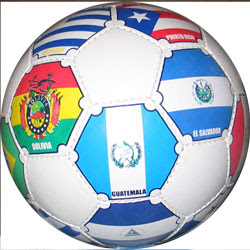 Water has long been an issue in Cochabamba. The town is naturally dry, and population growth over the last several decades has far outstripped the local water supply. Most interesting, as Olivera's book details, are the conflicts over water in Cochabamba. Water is seen not only as a natural resource but also as a basic right, something that the urban poor in Cochabamba believe is part of the nation's property, not a commodity to sell or profit from.
Water has long been an issue in Cochabamba. The town is naturally dry, and population growth over the last several decades has far outstripped the local water supply. Most interesting, as Olivera's book details, are the conflicts over water in Cochabamba. Water is seen not only as a natural resource but also as a basic right, something that the urban poor in Cochabamba believe is part of the nation's property, not a commodity to sell or profit from.In local communities throughout the southern zone of the city, cooperatives have formed to manage water for local residents. These cooperatives preceded the Water War in Cochabamba. They enable community residents to participate directly in the decision-making around how this valuable resources will be distributed in their neighborhoods. This can mean, at times, that some benefit from it while others don't - a topic I explored in my book on Villa Sebastián Pagador. Another perspective on water cooperatives and their operation in Cochabamba today can be found in this recent article, which is also about Villa Pagador.













